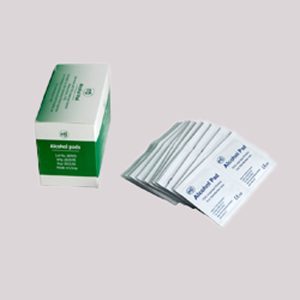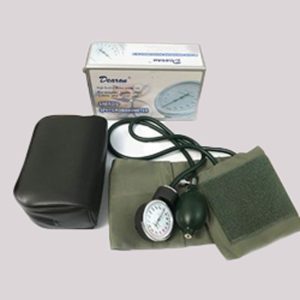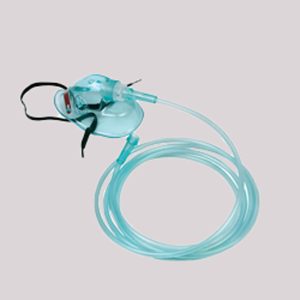Description
The herb tulsi is mucolytic. It treats a number of illnesses of the respiratory system brought on by an overabundance of mucus. It is possible to eat tulsi with or without food. For optimal results, it is advised that you take it at the same time each day.
The medication’s intended use dictates the dosage and frequency of administration. The amount of therapy you need to ease your issues will be decided by your practitioner. This drug must be taken for the entire prescribed period.
Pharmacological properties of the herbs used in this syrup: This preparation is an effective cough syrup manufactured according to BNUF. It has cough expectorant, antihistamine, and non-sedative properties. This syrup’s peripheral antitussive action reduces bronchial mucosal irritation and related bronchospasm. It is a suitable formulation for both children and adults.
What is the purpose of tulsi syrup?
A combination medication called Tulsi DX Syrup is used to treat dry cough. It relieves nasal congestion or stuffiness by constricting the tiny blood vessels. Additionally, it eases the symptoms of allergies, such as sneezing, runny nose, watery eyes, and irritation of the throat.
What is the best Tulsi for coughing?
Krishna Tulsi, on the other hand, is frequently given to kids who have cough and cold problems. “It helps with high fevers as well. Patients with diabetes and heart disease benefit from its antioxidant properties.
Can Tulsi be used every day?
Daily use of tulsi leaves has several health advantages, one of which is an increase in immunity. However, tulsi leaves should never be chewed. This is the reason. Holy basil, often known as tulsi in Indian households, is used extensively worldwide.
Are there any negative consequences of tulsi?
Eight Advantages of Tulsi: Applications, Safety Measures, and Adverse Reactions…
Eugenol overdose is associated with excessive use of Tulsi, either as a food or medication. Although eugenol is said to help with respiratory issues, toxicity might occur from an overdose. Fast breathing, blood in the urine, and blood after coughing are some of the usual signs of the same condition.
Is it safe to use herbal cough syrup?
However, just because something is “natural” doesn’t imply it’s safe to consume. Herbal remedies will have an impact on the body and may be dangerous if not used as directed, just like conventional medications. As a result, they ought to be handled with the same consideration and deference as traditional medications.





